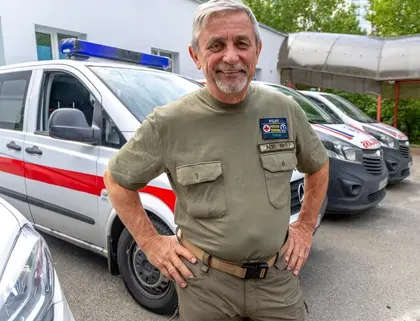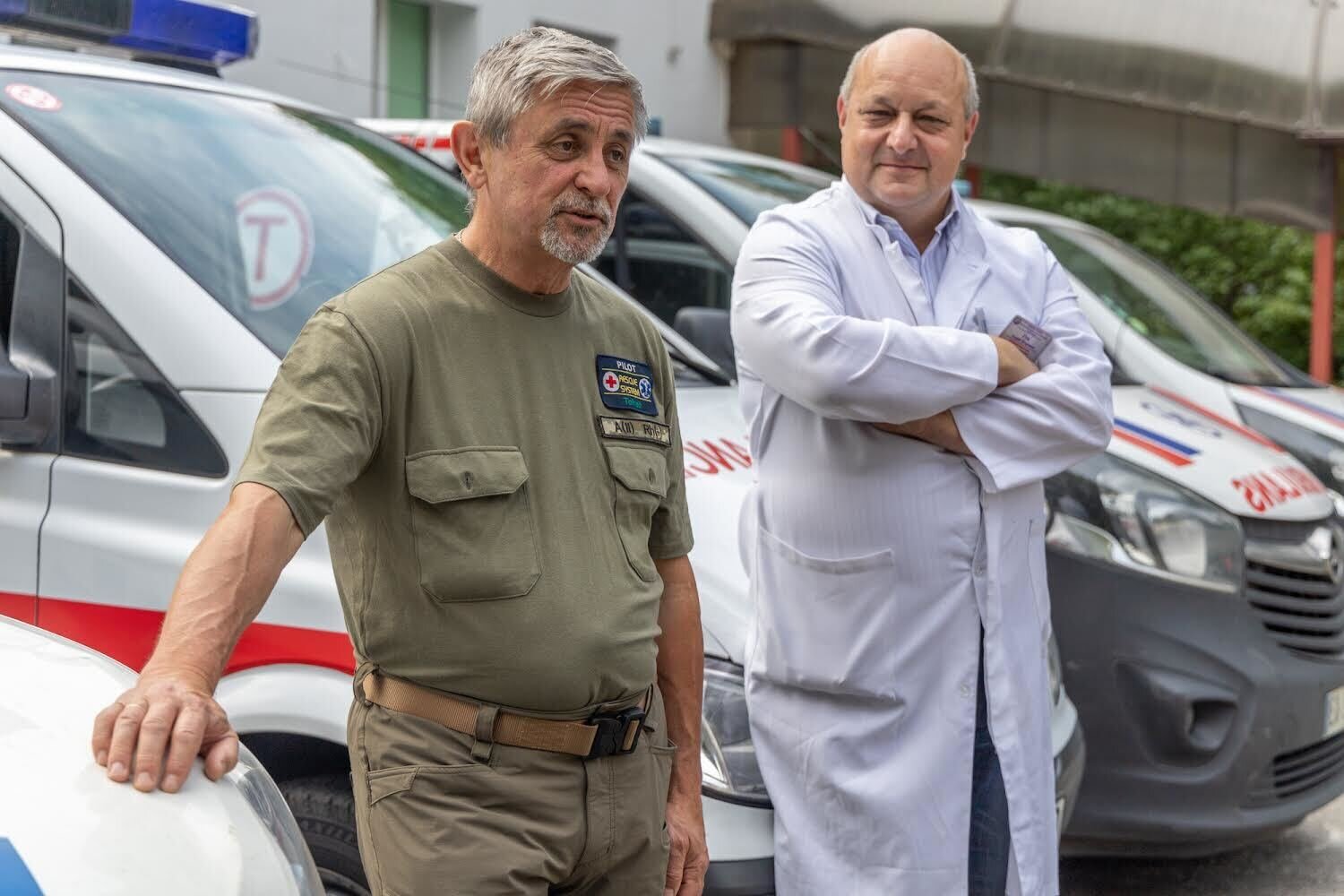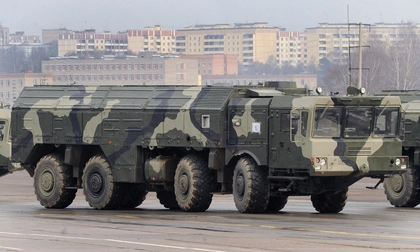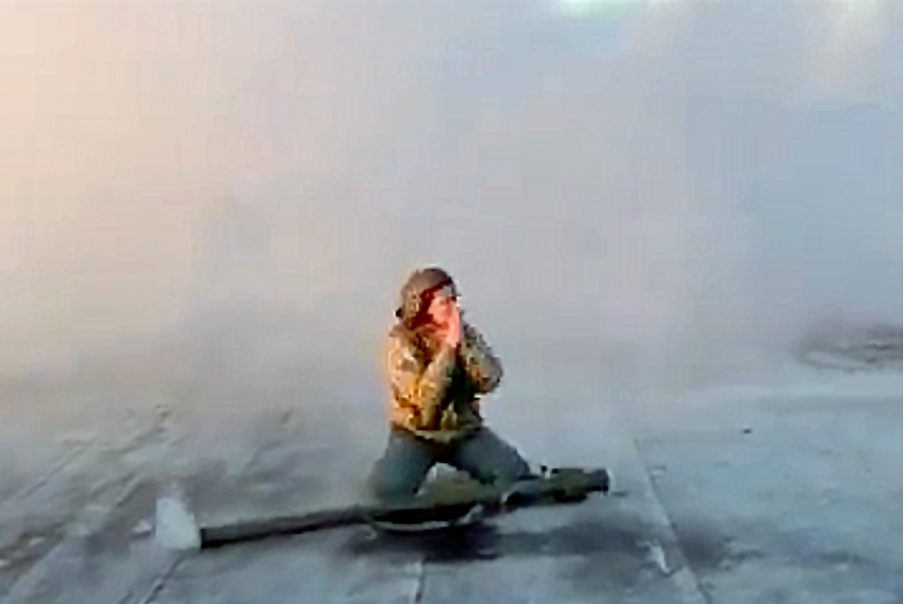On July 11, four ambulances were handed over to military hospitals, adding to more than 30 the Ukrainian military had received through Peter Tokac’s effort.
Peter Tokac, an entrepreneur and sponsor of church construction projects, and formerly Ukraine’s honorary consul to Poprad, Slovakia, is a helicopter pilot in the Slovak company Air – Transport Europe that provides emergency medical aid in hard-to-reach mountainous areas.
JOIN US ON TELEGRAM
Follow our coverage of the war on the @Kyivpost_official.
Together with a team from Czech Republic and Slovakia of Rotary District 2240 and the financial support of The Rotary Foundation, Peter looks for sources of funding volunteer projects. Humanitarian aid to Ukrainian soldiers and civilians in the warzone also comes from the charity organization Caritas Slovakia and the United Nations.
“We started back in 2014, during the Euromaidan protests. It was an aid program from Rotary International. We needed an ambulance and Peter as a volunteer lent it to us for a while,” Andriy Huk, head of the Endoscopic and Craniofacial department at the Kyiv-based Institute of Neurosurgery, told Kyiv Post.
“When Russia invaded Ukraine, Peter called me right away and asked what help we needed. The first ambulances that we got in early March came from him and fellow volunteers. Peter has professional experience in emergency medical aid and he knows what kind of vehicle is best,” said Andriy Huk.
According to him, the National Academy of Sciences and Rotary International receive requests from commanders of military units, public organizations and hospitals and distribute ambulances in order of priority. Ambulances go to the front line, pick up wounded soldiers and civilians and bring them to the Institute of Neurosurgery or other high-profile medical institutions.
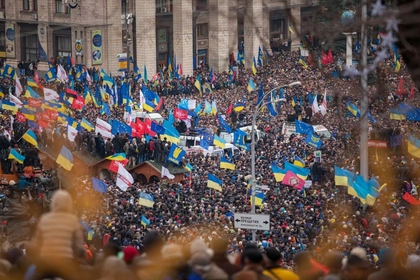
Tsikhanouskaya Honors Ukraine’s Day of Dignity and Freedom
Ambulances – mostly French and Slovak – are brought to Kyiv by Slovak volunteer drivers, and then the military addressees bring them to their units. The distance to the destination may exceed 1,000 km. Petro and his team do repairs and maintenance. On July 11, four ambulances departed for Cherkasy, Sumy and Khmelnytsky. Another ambulance is to depart after minor repairs shortly.
Thanks to The Rotary Foundation, District 2240 purchased a fire engine. After maintenance works, it will go to Bilyky, Poltava region. On June 18, a medevac vehicle was delivered to a Ukrainian battalion fighting at the front.
“An ordinary ambulance cannot ride on the battlefield. We approached this problem inventively: we bought an ordinary offroad car and equipped it with stretchers. It went to Bakhmut, and then Izium. It’s our knowhow. Nobody’s done it before,” said Andriy Huk.
In wartime, a vehicle lives three to six months because of rough roads and shelling. Until recently, ambulances were repainted green, but now they are not because the Russians target exactly such vehicles. Besides, European countries are running out of vehicles that they can afford to send to Ukraine.
Andriy Huk told Kyiv Post that in the first weeks of the war, when he joined Rotary International, the organization launched a humanitarian project to deliver foodstuffs, medicines, power generators, gas burners and other essentials and equipment to frontline areas. On the second day of the war, Peter Tokac brought 200 liters of diesel to the hotel Starry Carpathians in Uzhgorod that accommodated rehabilitating soldiers.
“The main plan is to crush these invaders. The nearest plan is to buy equipment. Next week, we’re starting a new project. We believe it’s even cooler,” said Peter Tokac.
You can also highlight the text and press Ctrl + Enter


